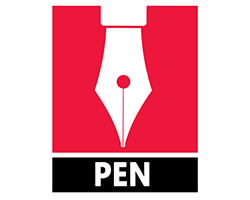Pen Academic is committed to the principles of transparency, impartiality and reliability in the scientific publication process. Accordingly, all parties involved in the publication process, including authors, reviewers and editors, are required to clearly declare potential conflicts of interest.
What is a Conflict of Interest?
Conflict of interest is a situation in which an individual's personal, commercial, academic or financial interests are likely to influence objective judgement or the scientific process. These conflicts may be real, perceived or potential.
For Authors;
Authors should clearly declare the following circumstances with the manuscript:
- Institutions, organisations or private companies funding the study,
- The author's financial relationships with relevant companies (consultancy, partnership, sponsorship, etc.),
- Personal or professional connections that may affect the outcome of the research,
- Copyright, patent or commercial interest relationships.
Declaration of funding and conflict of interest declaration should be presented as separate headings; it should be clarified with the statement ‘There is no conflict of interest’.
For Reviewers;
Referees should refuse to assess if it may affect the assessment:
- If they have collaborated with one of the authors in the past,
- There is personal or professional intimacy or rivalry with the author,
- Has a direct vested interest in the topic under review.
Reviewers are expected to inform the editorial team immediately if they identify a conflict of interest.
For Editors;
Editors should recuse themselves from the review of manuscripts where there is a potential conflict of interest and delegate the relevant task to an impartial editor. Editors have the responsibility for independent judgement and should be free from any commercial or personal influence.
All parties are expected to declare conflicts of interest in a timely and complete manner. When undeclared conflicts of interest are detected, our journal will initiate the necessary ethical investigations and take appropriate action within the framework of COPE guidelines.

